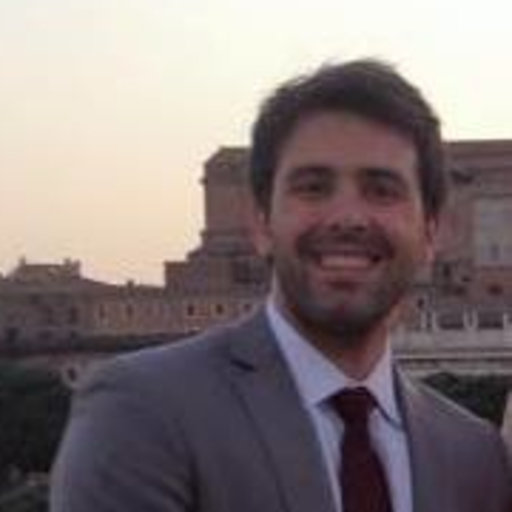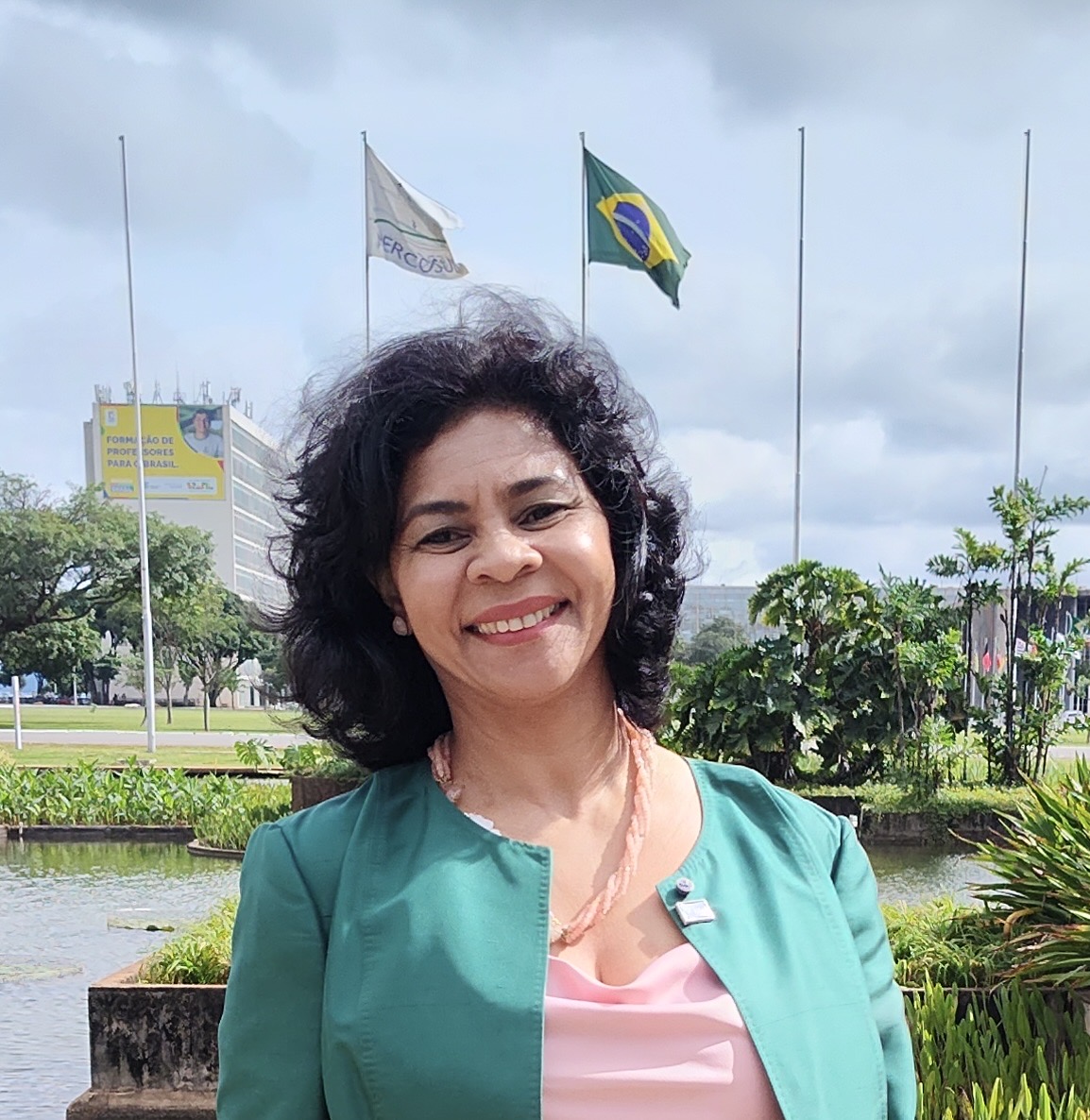Over the years, the PhD Programme in Public, Comparative and International Law, curriculum Space Law, at Sapienza University of Rome has witnessed a number of young researchers embarking on research on the law of outer space activities, under the supervision of Professor Sergio Marchisio.
This page is dedicated to the pioneers of the space law doctoral career at Sapienza University.







Postdoctoral Researcher in International Law and Space Law, Department of Political Sciences, Sapienza University of Rome
Article III of the Outer Space Treaty: the application of international law at large to outer space activities
The research examined the significance of Article III of the Outer Space Treaty (OST) in governing space activities within the framework of international law. It underscored that Article III serves as a pivotal gateway, ensuring that space endeavors adhere to broader principles of international law, including those outlined in the UN Charter. A general concept can be affirmed: international law and the UN Charter apply to space activities. Issues arise when it comes to determine their applicability due to the specific features of outer space. The attention has therefore turned to two specific sectors: the use of force, which can no longer be considered as confined to the terrestrial domain; and the protection of space environment that is likewise a concern due to the negative consequences that its pollution provokes for the sustainability of space activities for present and future generations.

Senior Fellow, Institute on Space Law and Ethics-For All Moonkind
Legal Aspects of Dual Use Systems – Key Elements of Present and Future Space Strategies
The thesis aims to highlight the legal aspects associated with the significant development of dual-use satellites, i.e., technologies used simultaneously for civil, commercial and military purposes, and which are of particular importance in space activities for remote sensing, navigation and telecommunications. In addition, these systems are highly relevant to national security and commercial needs. The thesis focuses on the identification of new challenges related to the use of dual-use systems, in relation to armed conflicts on Earth and the hypothetical case of conflict in outer space, as well as on export control and data regulation.

Scientific and Technical Secretary, International Italian Latin-American Organization (IILA)
The systems for registering space activities and their coordination
The thesis addresses the problem of the coordination of the space activities, through the legal historical reconstruction of the regimes concerning the Registry of these activities, given its legal implications. This is a specific aspect of the set of rules and procedures, coming from different processing sites – the international registers maintained by the UN Secretary General, the frequency register of ITU, the alpha-numeric register of the COSPAR, the UNIDROIT space warrants register and the national registers, without any coordination mechanism between them. The research work suggests a model that could serve for the establishment of an integrated and interoperable mechanism of coordination of the existing registers, in order to guarantee the long-term sustainability of the space activities and contribute to the application and development of international law governing the exploration and use of outer space.

Professor of International Law, School of Law, University of Buenos Aires;
Professor of Diplomatic and Consul Law and Practice, School of Law and International Relations, University of Belgrano;
Counsellor, Undersecretary of Foreign Affairs
Space cybersecurity: the intersection between security of critical national infrastructures and sustainability of outer space activities
The title of this thesis already conveys the idea that space cybersecurity is addressed in this research taking into consideration two main aspects: first, that space systems are critical infrastructures and thus play an important role in State security and international stability. Second, that space security, space safety and long-term sustainability of outer space activities cannot be disassociated but require a holistic approach.
This thesis focuses on the problem of how international space law applies to space cybersecurity, how international law in general may fill the regulatory gaps and how the international community may address future negotiations. The research is motivated by the need to expand the global space governance taking into account current mechanisms in the United Nations on security in the use of information and communication technologies and in space security, space safety and long-term sustainability of outer space activities.

PhD candidate in Public, Comparative and International Law, Department of Political Sciences, Sapienza University of Rome;
Subject matter expert in Space Law, Sapienza University of Rome
Security and resilience of the European Union’s space infrastructures: the role of the European Union Agency for the Space Programme
This thesis focuses on the most recent EU regulatory developments concerning the security and resilience of space infrastructures, starting with Regulation (EU) 2021/696 and related legislative acts. The Space Regulation revolutionised the EU Space Programme and substantially changed the European space governance with the establishment of EUSPA.
Given the increasing importance that space and security have acquired at the EU level in recent years and the Union’s intent to strengthen its position in the European and international space sector, this research aims to investigate, on the one hand, the role of EUSPA in the new European space governance and, on the other hand, the EU’s regulatory approach to the security and protection of its space assets, which is also crucial for the safeguard of European citizens.
P.le Aldo Moro, 5 – 00185 Rome
outerspacelaw.sapienza@uniroma1.it
© 2023 Outer Space Law Sapienza
Developed by Giuseppe Liuzzi